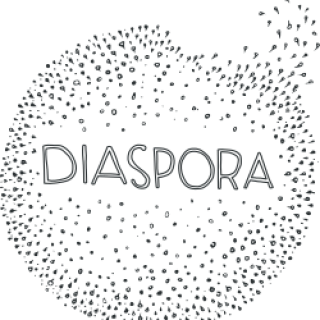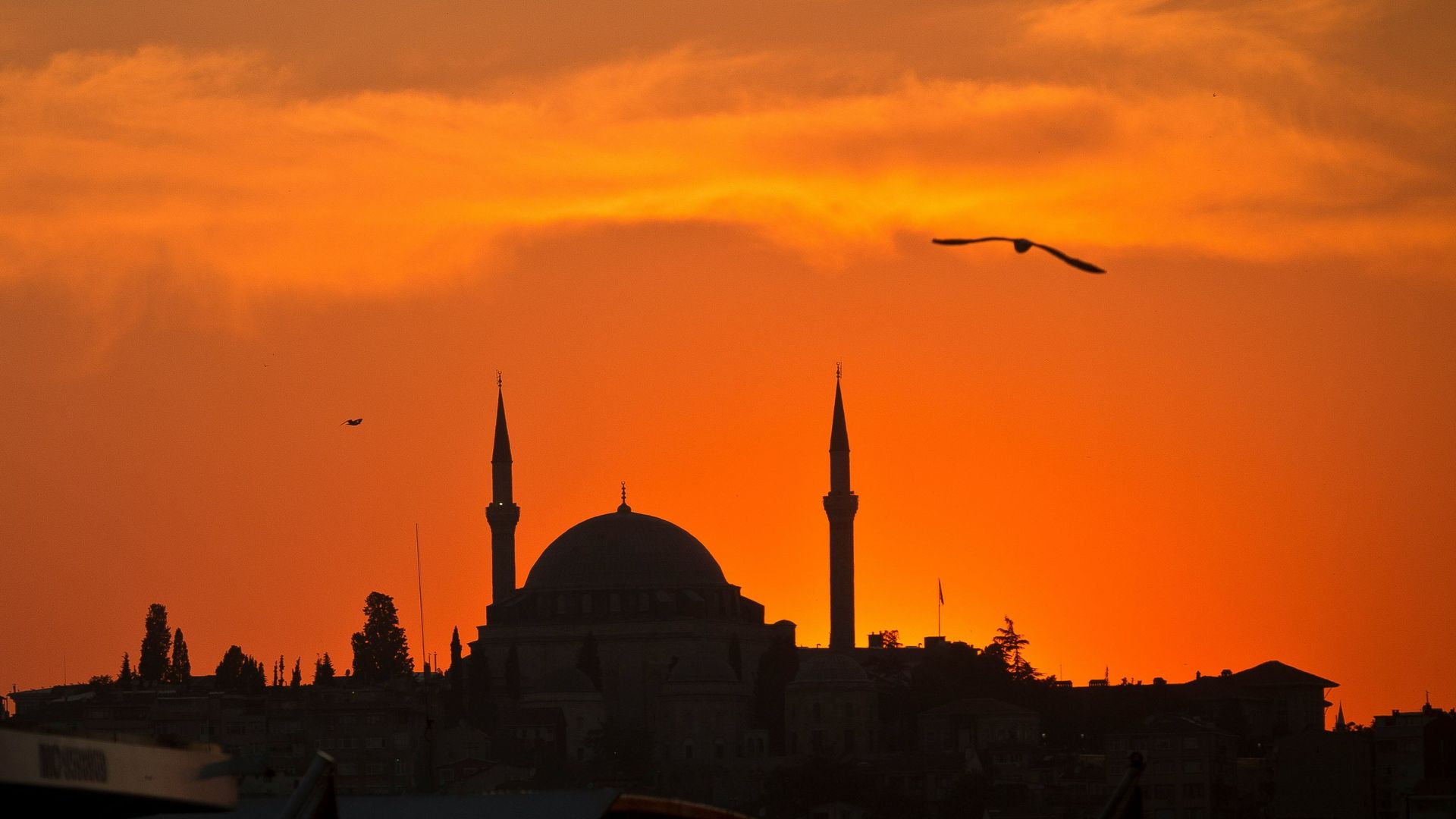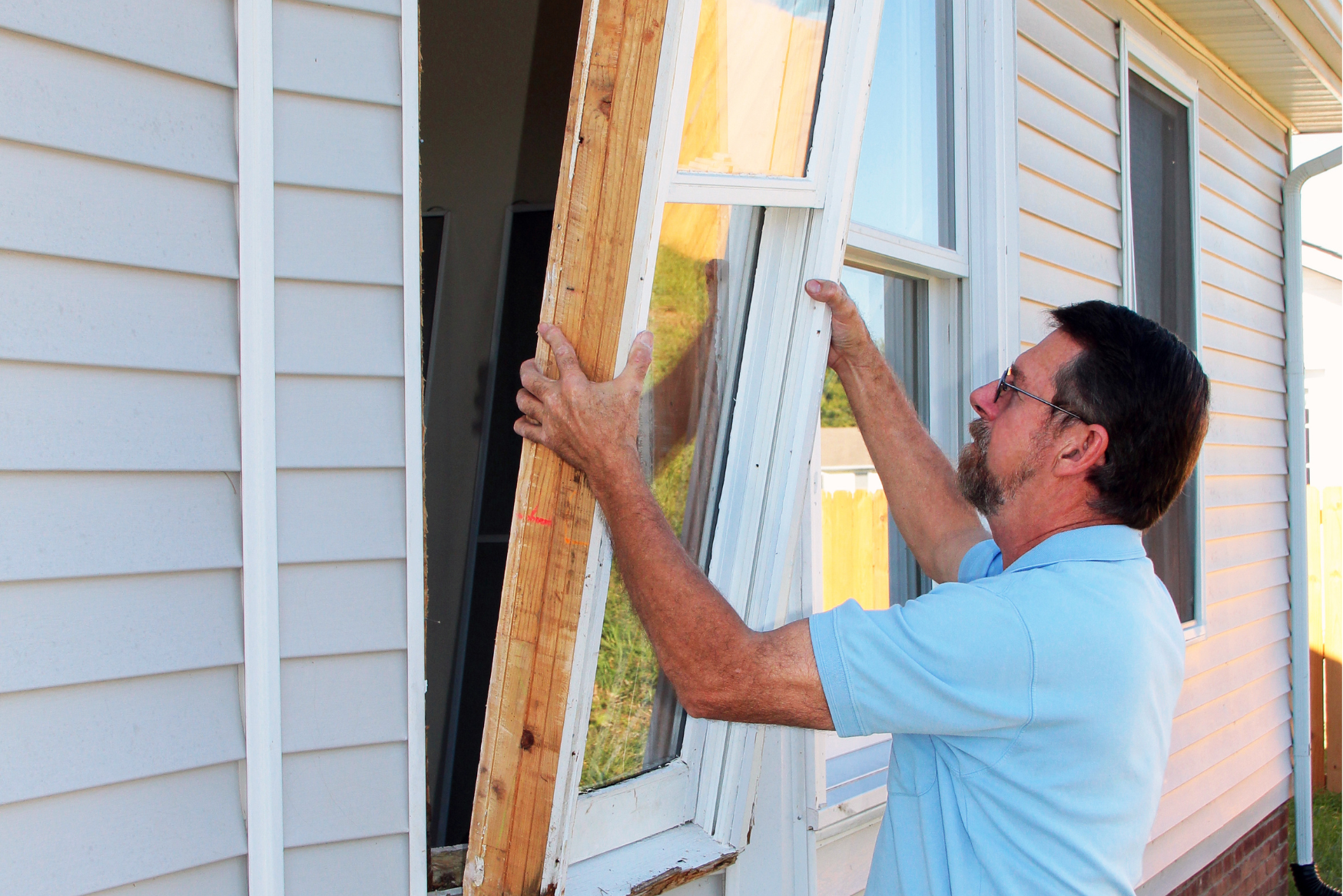
Diaspora in the North
According to the United Nations, over 50% of the world’s population lives in urban areas, and it is proliferating, especially in developing countries. Thousands are leaving their homes, flocking to urban areas for jobs and opportunities to provide better lives for their families. The growth is added to by ongoing refugee placements.
So what does this mean for the ministry field? SEND International has recently begun a new division called Diaspora ministries, focusing on the urban areas of development. By reaching people in a concentrated area, team members have a better chance of influence and have the potential to create disciples that are connected to their home villages and countries. We are building Diaspora teams in Alaska and Northern Canada. In even one city, we can reach a variety of people in a cross-cultural setting, even though it may seem non-traditional for us because it is an urban environment instead of a rural one.
Right now, SEND North’s Diaspora program is focused primarily on reaching the small pockets of people in our urban areas for the sake of sharing the Good News to people close to us. Diaspora comes from an Old Testament word describing the dispersion of the Jews in early history. It is used again by Peter in 1 Peter to address the early church Christians who fled from Jerusalem. At SEND North, we are interested in those that are dispersed from their homes and have congregated in the Far North. Our focus on these urban gathering places includes Anchorage, Fairbanks, Kodiak, Whitehorse, and Yellowknife. Our opportunities are only growing. In Anchorage alone, 100-200 refugees were coming in annually until recently. Anchorage is one of the most diverse cities in the United States.
Our Diaspora program is currently concentrated in Anchorage, led by a team member in the area, and operates in a 3-prong fashion. The first prong focuses on assessment. We strive to gather accurate information about the different sections of Anchorage so we can better serve the demographics and sections within the city. Our research has confirmed that our primary urban area is growing in diversity rapidly. Secondly, we collaborate with pre-established churches and organizations to facilitate and support work already happening. In as many ways as possible, we want to “focus on the bigger picture of the Lord’s work” as we assist other groups, our team leader emphasized. Finally, we want to utilize giftings and interests of our members to fill the needs as we see them. For instance, our team member that leads the program participates in a growing jail ministry in town. He cares for and shows compassion for those “in chains” (Hebrews 13:3). The diversity in the jails is equal to that outside, and people are hungry for the Gospel. To read more about the jail ministries, read last week’s article.
The need is great, and the workers are few. As we continue to focus on the second and third steps to the program, we need more members willing to jump in headfirst to our urban areas and engage with the need of such a diverse collection of people. Do you enjoy living in a suburban setting and want to add influence to your location? Consider the Diaspora program and visit our Opportunities Page
.
Additional Posts




